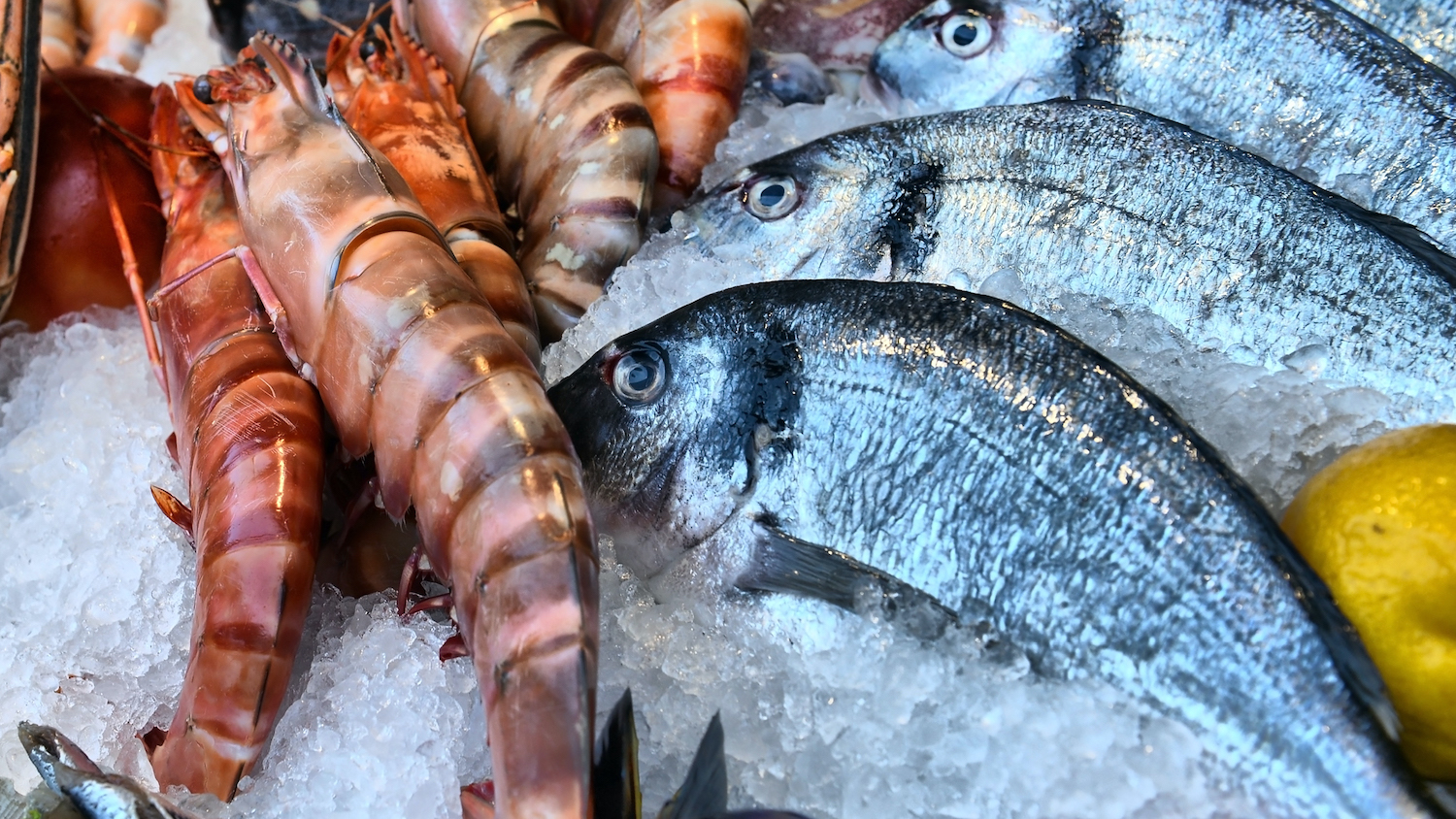In early January the environmental group Oceana joined U.S. fishing industry groups in endorsing a proposal by the National Oceanographic and Atmospheric Administration to expand its Seafood Import Monitoring Program (SIMP) to prevent importation of illegally sourced fisheries products.
The program requires that some imported seafood at risk of being landed illegally be accompanied by catch documentation outlining who caught the fish, where and when, and other details to demonstrate that it was sourced from a legal fishery. The seafood must also be traced from the boat or farm to the U.S. border.
According to Marla “Max” Valentine, Oceana’s analyst for illegal fishing and transparency, “NOAA is proposing to expand the types of seafood covered by SIMP, including additional tuna and snapper species, cuttlefish, squid, octopuses, eels, queen conch, and Caribbean spiny lobster, with the possibility of including all conch and spiny lobster species.”
A report released by the Congressional Research Service in August 2022, and a prominent story in the New York Times in September both notes that the US imports $2.4 billion dollars worth of illegally sourced (IUU) seafood per year, with most of it coming from China.
“The Chinese fleet spends more hours fishing than the next ten countries combined,” says Valentine. “They make themselves a target, but there are other countries doing this too. The thing is, the EU has a seafood traceability program that effectively stops IUU seafood from entering. The US traces less than 40 percent of the seafood coming in, so a lot of what can’t get into Europe ends up here.”
The question Valentine asks however, is, why are only a few species being listed?
“NOAA has 7 criteria, and if species meets 3 or 4, it’s considered ‘at risk,’ but there are so many species that meet the criteria! Why aren’t they on the list?”
Another question Valentine poses is, why aren’t human rights abuses part of the criteria?
“NOAA has proposed including human rights abuses as part of the definition of IUU fishing, why aren’t they part of the criteria for listed species?”
In the view of Oceana and others, if SIMP would cover all species that meet its criteria, it would benefit U.S. fishermen fighting low-priced illegal imports. Further expanding SIMP would also indirectly benefit countries that can’t defend their EEZs, global marine resources in general, and the reportedly abused crews on many IUU vessels.







